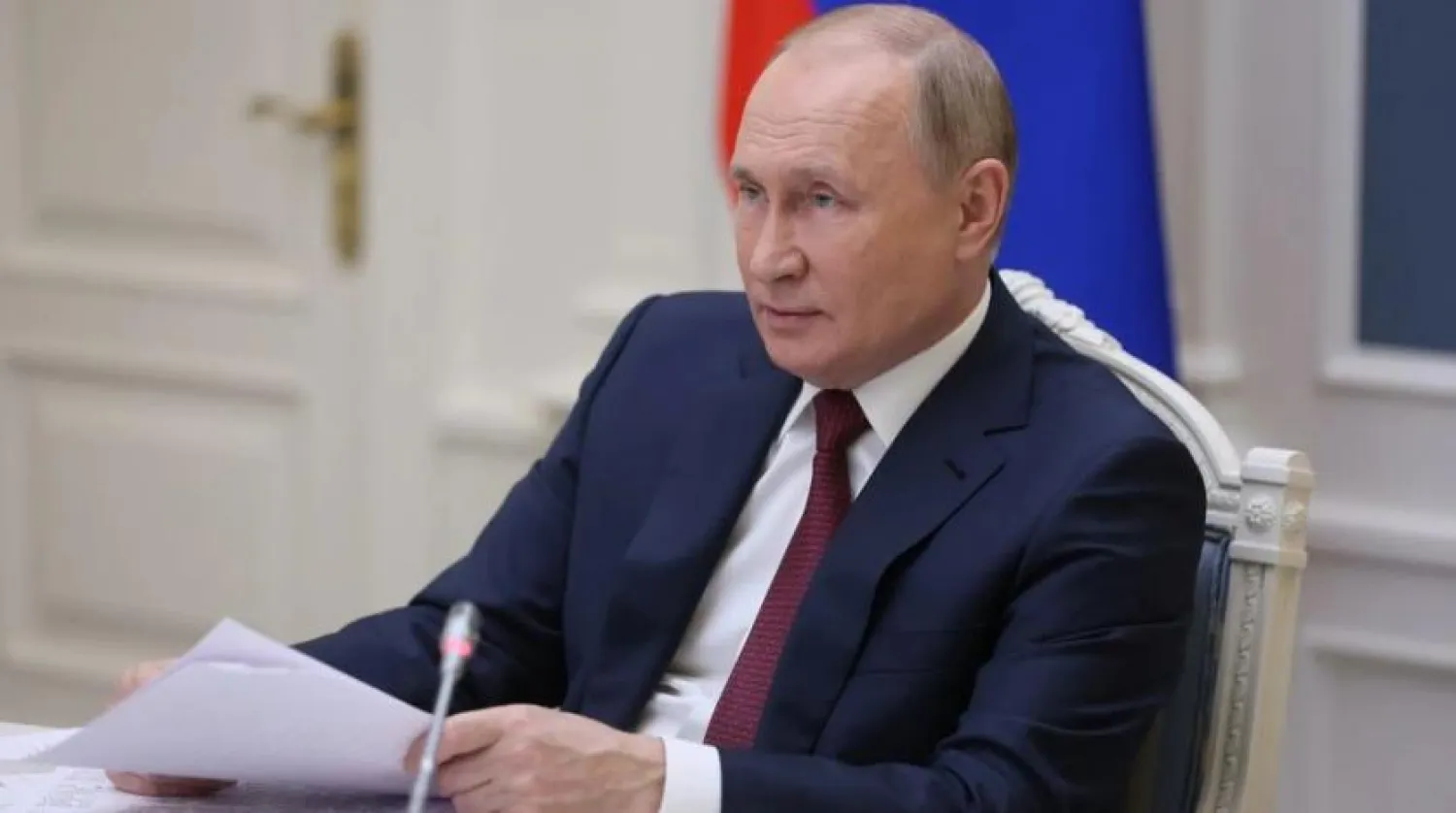Russia's setbacks in its invasion of Ukraine could lead President Vladimir Putin to resort to using a tactical or low-yield nuclear weapon, CIA director William Burns said Thursday.
"Given the potential desperation of President Putin and the Russian leadership, given the setbacks that they've faced so far, militarily, none of us can take lightly the threat posed by a potential resort to tactical nuclear weapons or low-yield nuclear weapons," Burns said during a speech in Atlanta.
The Kremlin said it placed Russian nuclear forces on high alert shortly after the assault began February 24, but the United States has not seen "a lot of practical evidence" of actual deployments that would cause more worry, Burns added, speaking to students at Georgia Tech university, AFP said.
"We're obviously very concerned. I know President Biden is deeply concerned about avoiding a third world war, about avoiding a threshold in which, you know, nuclear conflict becomes possible," said Burns.
Russia has many tactical nuclear weapons, which are less powerful than the bomb the United States dropped on Hiroshima during World War II.
Russian military doctrine features a principle called escalate to de-escalate, which would involve launching a first strike nuclear weapon of low yield to regain the initiative if things go badly in a conventional conflict with the West.
But under this hypothesis, "NATO would intervene militarily on the ground in Ukraine in the course of this conflict, and that's not something, as President Biden has made very clear, that's in the cards."
Recalling that he once served as US ambassador to Russia, Burns had very harsh words for Putin, calling him an "apostle of payback" who over the years "has stood in a combustible combination of grievance and ambition and insecurity."
"Every day, Putin demonstrates that declining powers can be at least as disruptive as rising ones," Burns said.









